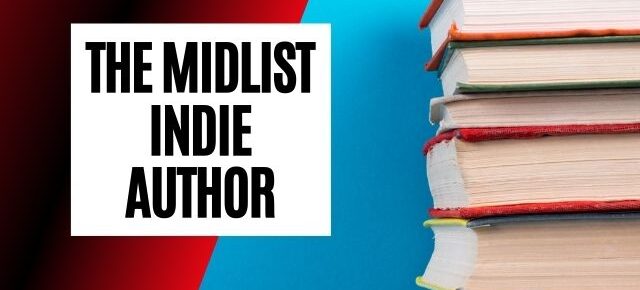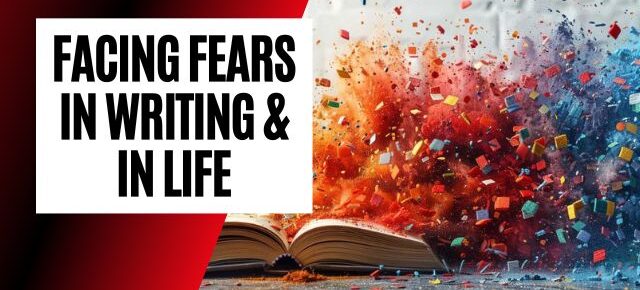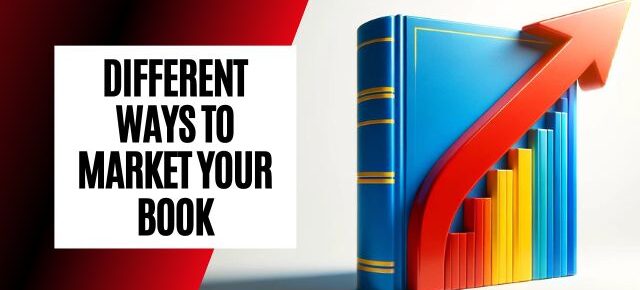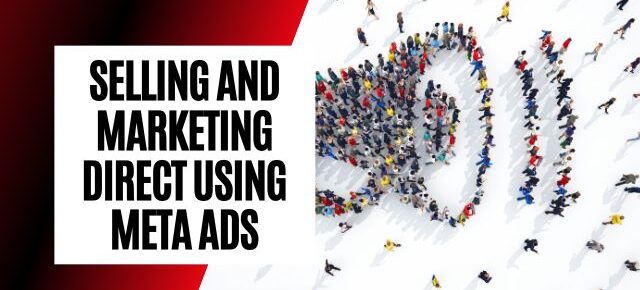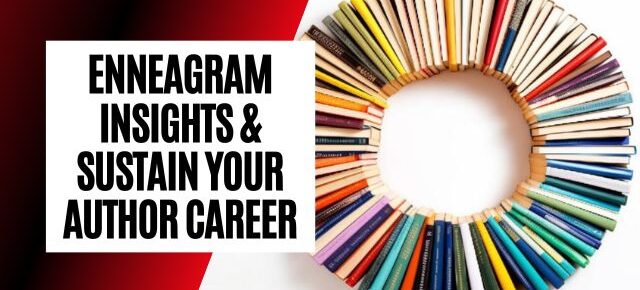How can you build a creative, sustainable career as a 'mid-list' indie author? How can you design a business that works for you and your books over the long term? T. Thorn Coyle explains more in this …
Continue Reading about The Midlist Indie Author With T. Thorn Coyle →
